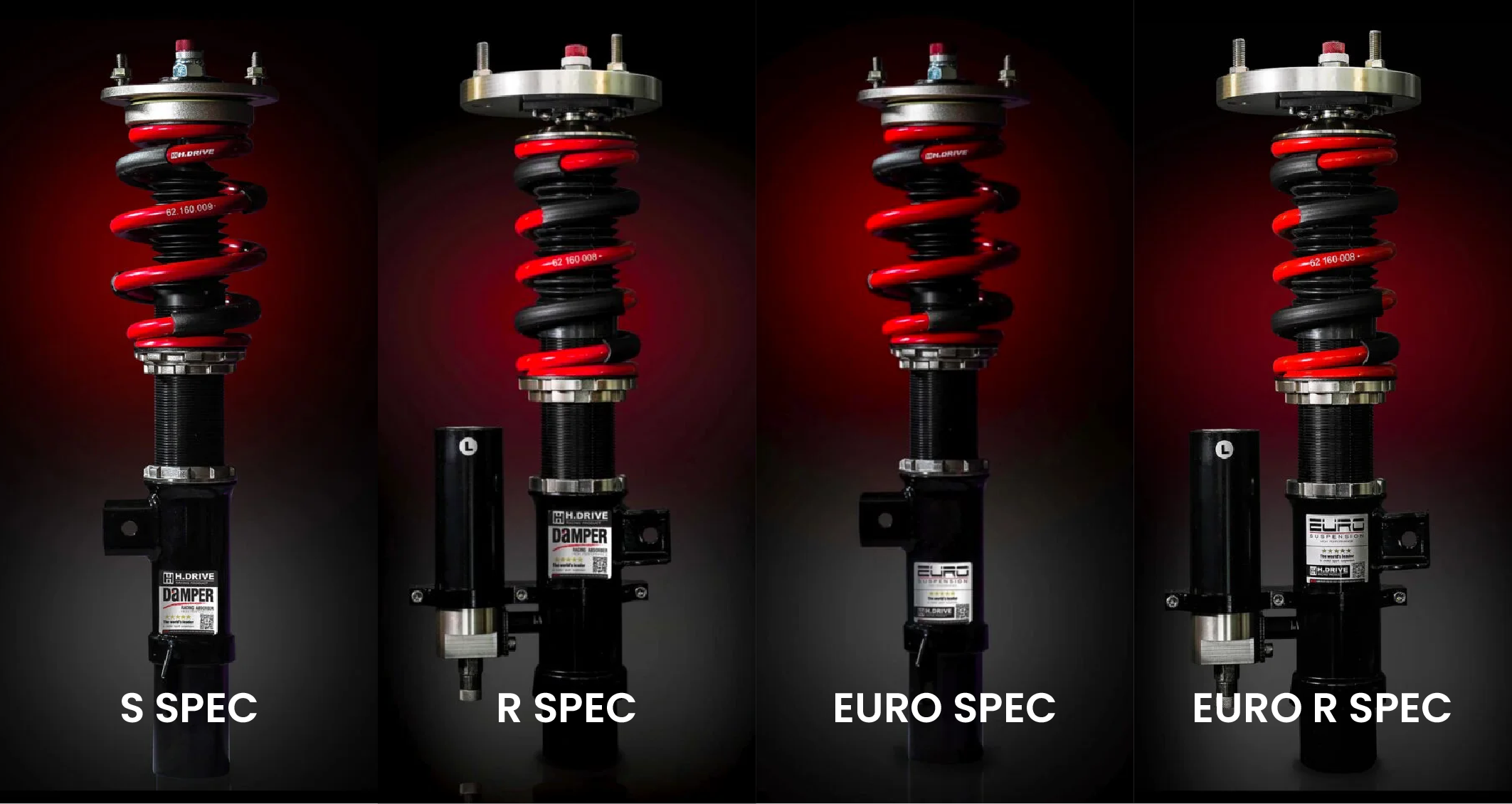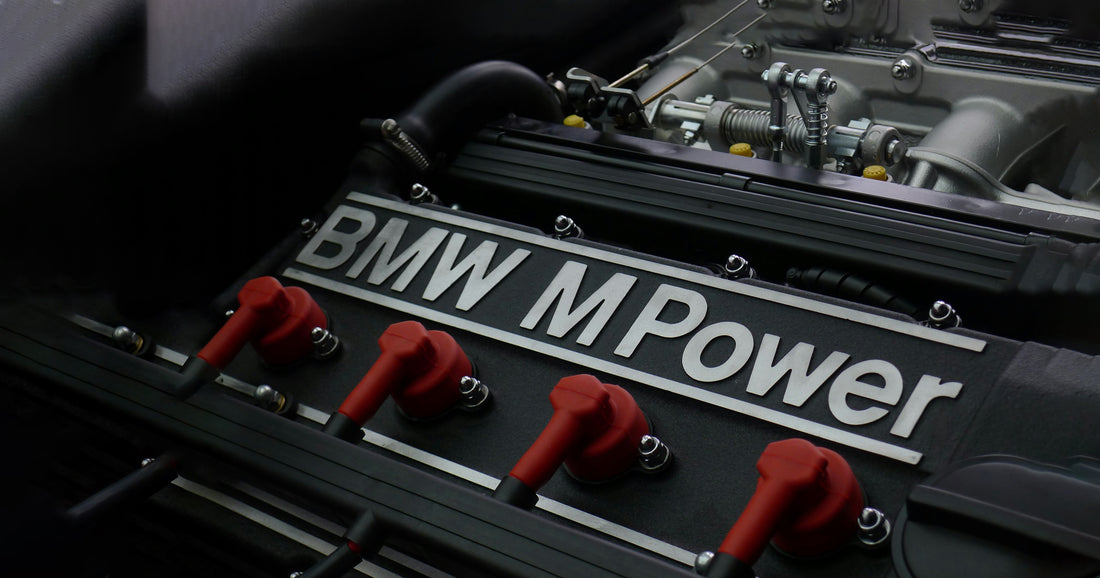The check engine light, a source of anxiety for many drivers, is designed to alert you to potential issues with your vehicle. While it doesn't always indicate a major issue, ignoring it could lead to more serious problems down the road. In this article, we'll delve into the most common reasons your check engine light may come on and help you understand what could be happening under the hood of your vehicle.
Faulty Oxygen Sensor
The oxygen sensor monitors the oxygen levels in your exhaust gases, ensuring the optimal air-to-fuel ratio. A malfunctioning sensor can lead to reduced fuel efficiency and increased emissions. Replacing a faulty oxygen sensor can restore your car's performance and fuel economy.
Shop oxygen sensor from brands like
Bosch and
NGK
Loose or Damaged Fuel Cap
One of the most common and simplest reasons for the check engine light to come on is a loose, damaged, or missing gas cap. A loose cap can cause a drop in fuel pressure, triggering the light. Thankfully, this issue is easily resolved by tightening or replacing the gas cap.
Shop Hexon BMW Carbon Fibre Fuel Filler Cap Cover
here
Catalytic Converter Problems
The catalytic converter's job is to reduce harmful emissions by converting toxic gases into less harmful substances. Issues with the catalytic converter, like overheating or clogging, can result in performance problems and an illuminated check engine light.
Performance catalytic converter from top brands such Supersprint, aFe and Fabspeed
Ignition System Issues
Worn-out spark plugs or faulty ignition coils can lead to misfires, which result in rough engine performance and decreased fuel efficiency. Regular maintenance can prevent these issues and can keep your engine running smoothly. If you need to change your ignition coil, we offer a number of brands like Bosch, Precision Raceworks and NGK Ignition Coils.
Shop Precision Raceworks BMW N55 Ignition Coil Kit (For M2 M2, 135i, M235i, & 335i) here
Mass Airflow Sensor Malfunction
The mass airflow sensor measures the amount of air entering the engine and adjusts the fuel injection accordingly. A faulty sensor can disrupt this balance, leading to poor acceleration and decreased fuel efficiency. Replacing the sensor can restore your car's performance.

Shop Bosch Air Mass Sensor here
When the check engine light appears, it's not a cause for panic, but it does demand your attention. Many issues that trigger this warning are manageable when addressed promptly. It's crucial to remember that ignoring the light can lead to more extensive and costlier repairs down the road.
Regular vehicle maintenance and addressing check engine light concerns with the help of a qualified mechanic are the keys to keeping your car running smoothly and efficiently. Remember, it's a warning light, not a catastrophe – so stay informed and stay on top of your car's needs.
























